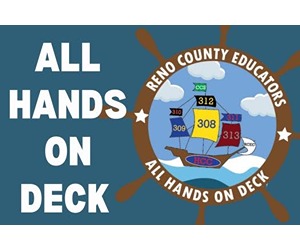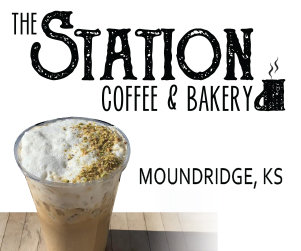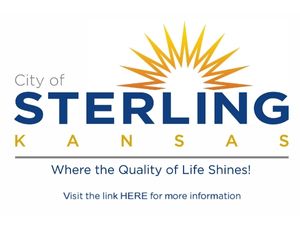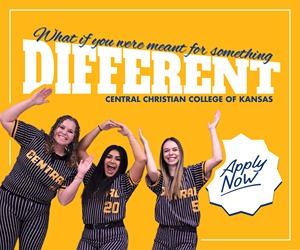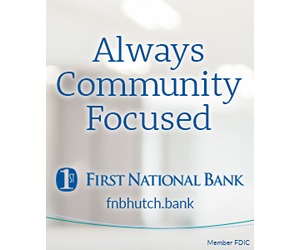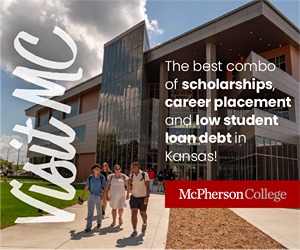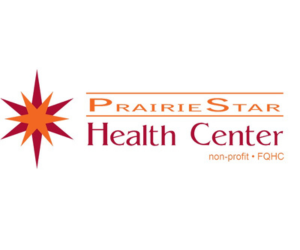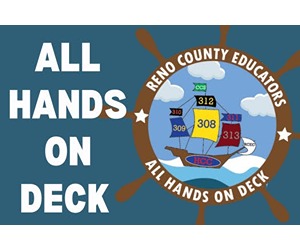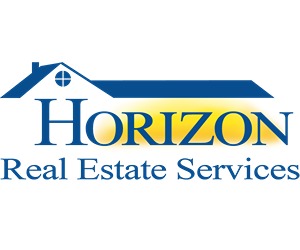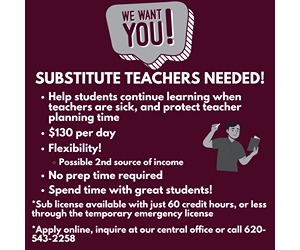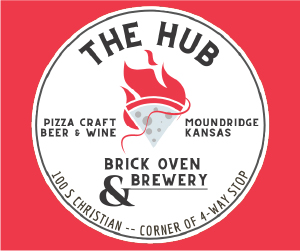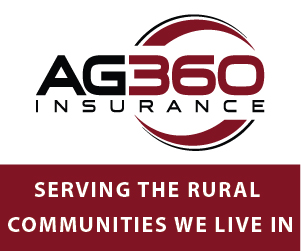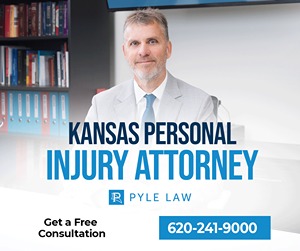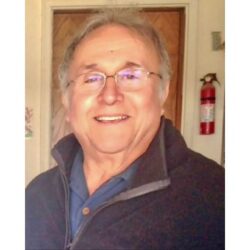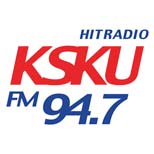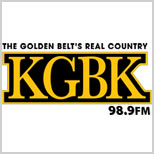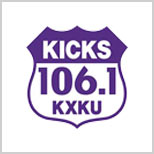By Rachel Mipro, Kansas Reflector
TOPEKA, Kan. — The Legislature canned a much-debated voucher program that would allow unregulated private schools to receive state dollars and put federal COVID-19 relief funds toward special education.
The measure narrowly passed the House by 65-58 Thursday and failed in the Senate by 17-20 early Friday, following heated late-night speeches from Democrats and Republicans.
Neither chamber attempted to take up legislation determining K-12 education funding for the next few calendar years. That bill was criticized because it was a massive piece of legislation that blended state funding for K-12 education with provisions from about nine other bills, including funding for mental health needs in schools, a form of parental rights legislation and an extension of the statewide mill school finance levy.
Critics of the voucher proposal said supporting unregulated schools with state dollars was a bad idea.
“I think this is a very bad bill,” said Sen. Dinah Sykes, a Lenexa Democrat, during the Senate’s debate on the voucher proposal.
The proposal, originally formulated as the Sunflower Education Equity Act, would have become the Kansas Education Enrichment Program. The program would provide eligible families with $1,000 in award money for student needs. KEEP was set up using federal COVID-19 relief money to help with educational costs for Kansas families and children recovering from the impact of the pandemic.
Under the legislation, KEEP would transfer to the state treasurer’s office in July. Qualifying public school students would receive $1,000 awards, but students attending nonpublic schools would get the equivalent of 95% of base state aid, which is about $5,000 in grant money.
Any nonpublic preschool, elementary or high school that teaches reading, grammar, mathematics, social studies and science would be eligible to benefit financially from the proposed law. The schools wouldn’t be subject to governmental oversight, and religious objects, such as bibles, could be bought with state dollars.
Several Republican lawmakers spoke in support of private school education, including religious education.
“Catholic schools are a gift to the state of Kansas,” said Rep. Chuck Smith, a Pittsburg Republican.
Rep. Brenda Landwehr, a Wichita Republican, said the bill would protect children, and that many students graduating from public schools in the state couldn’t read or do math. Landwehr said public education was a failing system.
“There’s a concern that there’s going to be a mass exodus of our public schools,” Landwehr said. “If your school is performing and doing the right thing by your kids and they’re educating your kids, why would you leave? No one’s asking these kids to leave. No one is demanding that these children leave.”
Another section of the bill allocated $592.7 million for special education in fiscal year 2024, partially through federal COVID-19 recovery dollars. The special education funding would use $520.5 million from the state general fund and $72.4 million from federal American Rescue Plan Act funds.
An estimated $47 million would be shifted from KEEP along with $25.4 million from the Legislature’s employment security fund to make up the ARPA funding, and a special task force for special education would also be implemented.
Earlier forms of the bill included a teacher salary increase and had a provision that would allow the smallest school districts to use their highest enrollment numbers from the past four school years to determine funding.
These provisions were taken out during joint Senate and House conferences on the legislation. Sen. Molly Baumgardner, a Louisburg Republican, said she was concerned that school districts would try to take advantage of the provision to gain more funding.
Rep. Jerry Stogsdill, a Prairie Village Democrat, said public school teachers and students had done their best with years of underfunding and the recent COVID-19 pandemic. He said he was tired of teachers beingvilified.
“I’m really offended by hearing us attack our teachers in here this evening, attack our public schools,” Stogsdill said. “We have kids that are in 11th and 12th grade all across Kansas now that have gone to eight years of underfunded schools under our previous administration and then have gone through COVID.”
Stogsdill said 63 out of the 105 counties in the state didn’t have private schools.
“I want to be at the meeting when you meet with your constituents and say ‘I voted to take monies away from your public schools and give them to imaginary microschools or some other homeschooling that is totally unregulated’,” Stogsdill said.



















